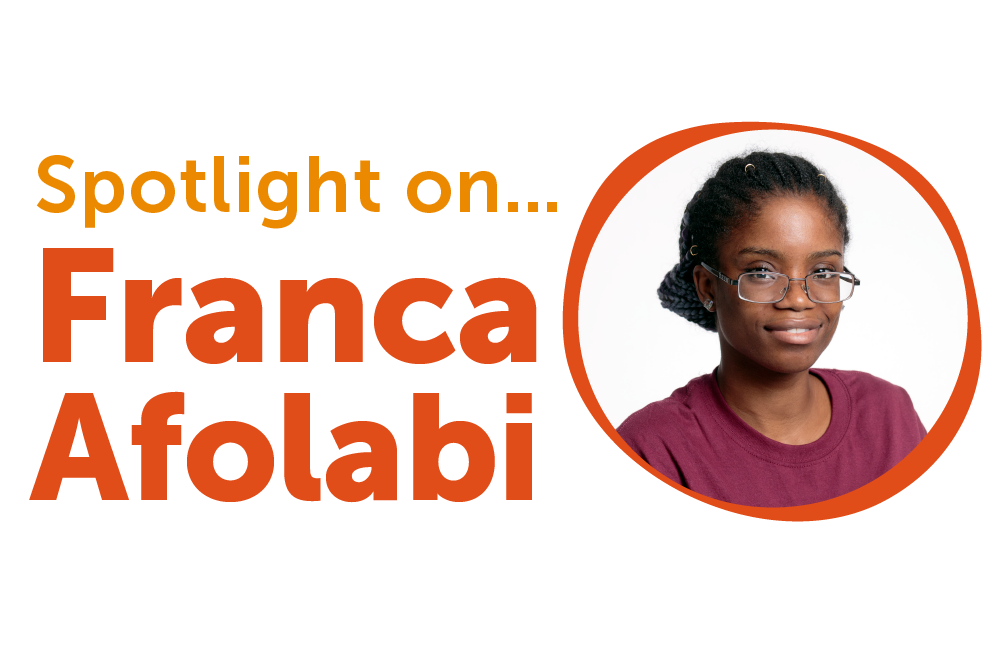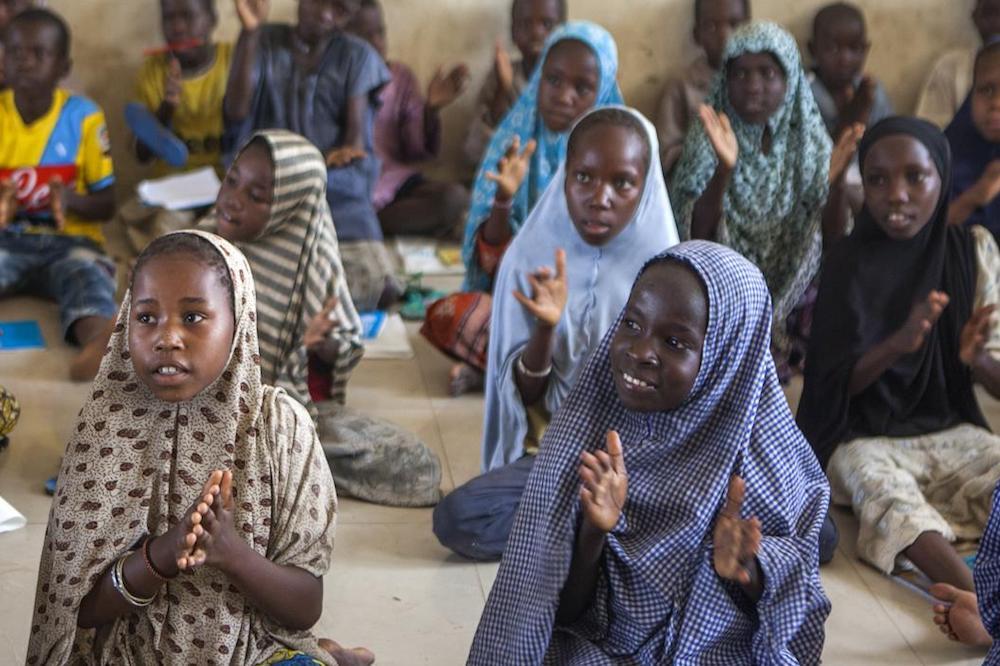
Video interview: Nobel Peace Prize winner Kailash Satyarthi on children’s rights
Campaigns, Child labour
Kailash Satyarthi has spent his life fighting for children's rights in his native India and beyond. Next month he will go to Norway to collect the Nobel Peace Prize he won jointly with Malala Yousfzai. But before that, Kailash will be the guest speaker at the #UpForSchool youth rally in London today.
The event, titled Our Future, Our Rights – Youth Rising #UpForSchool, is hosted by A World at School and the Overseas Development Institute (ODI). It marks the 25th anniversary of the Convention of the Rights of the Child and is also the official UK launch of the #UpForSchool Petition – which calls on world leaders to keep their promise that every child will be in school and learning by the end of 2015.
A World at School visited Kailash in Delhi and asked him about his work, A World at School's Global Youth Ambassadors, his hopes for the future and his feelings on winning the Nobel prize.
'I was motivated about child labour from day one of my schooling, when I was five or six years old'
Kailash began his lifetime of campaigning when he saw a boy of his own age who was working in the streets with his father as a cobbler. More than 50 years on, his Indian organisation Bachpan Bachao Andolan – which he launched in 1980 – has rescued more than 83,500 victims of trafficking, slavery and child labour. He says: “I have learned that nothing is impossible, that the solution of every problem lies in the root of the problem itself.” You can watch him talk about this in the video clip below.
'The Youth Ambassadors are brilliant, they are courageous, they are extraordinary'
A World at School has 500 Global Youth Ambassadors in more than 85 countries around the world – their grassroots campaigning is the lifeblood of our organisation. Kailash has met some of them and says: “I really respect them.” But he also has some advice for them …
'Child rights should not remain on a piece of paper – they should be a way of life'
Kailash has worked tirelessly for many decades to get the rights of children recognised. Bachpan Bachao Andolan has led the world’s largest civil society campaign in the form of the Global March Against Child Labour and has been at the forefront of laying down laws against child labour and trafficking in India. Here he explains why there has to be a cultural shift in the way children are treated.
'Child labour and child illiteracy are two sides of the one coin'
The eradication of child labour and slavery must go hand-in-hand with the eradication of child illiteracy, argues Kailash. He says quality education must be provided for all children. His organisation led a campaign in 2001 which led to a new Indian law on the right of children to get free and compulsory education being passed in 2009.
'Every story of liberation is a remarkable story'
Kailash says that moment when a rescued child is taken home and reunited with his or her parent is “rather divine”. His first rescue was a 15-year-old girl working in a brick kiln in 1980. Kailash tells of one case – a girl working in stone mining – which has stayed with him across the years.
'The next generation will study in their books that there was a crime that went on for centuries'
Can child labour and slavery ever be eradicated completely? Kailash has strong views on the subject – based on the work done to reduce the numbers over the past 15 years. Find out here what he thinks the future holds…
'I started Googling Nobel Prize 2014 … suddenly all my colleagues entered the room, shouting and laughing'
Kailash found out on October 10 that he had won the Nobel Peace Prize jointly with education campaigner Malala Yousafzai. In this clip, he talks about the moment he was told he had won, what it means to his organisation and how he and the Pakistani schoolgirl discussed their common goals. He says: “Free education for all children is something that we have to fight for together.”
'My proudest achievements are…'
Kailash tells of his two most important successes – the International Labour Organization's convention on the worst forms of child labour in 1999 and the changing of the definition of human trafficking, including children, in India.
'Child slavery must be included in the post-2015 agenda'
The Millennium Development Goials run out at the end of 2015. Here Kailash explains what he hopes for from the post-2015 agenda, or Sustainable Development Goals.
You can follow the events at the #UpForSchool youth rally in London on November 19 here.
And you can read an interview which UN education envoy Gordon Brown did with Kailash.
You can make your voice heard by signing the #UpForSchool Petition now.
More news

